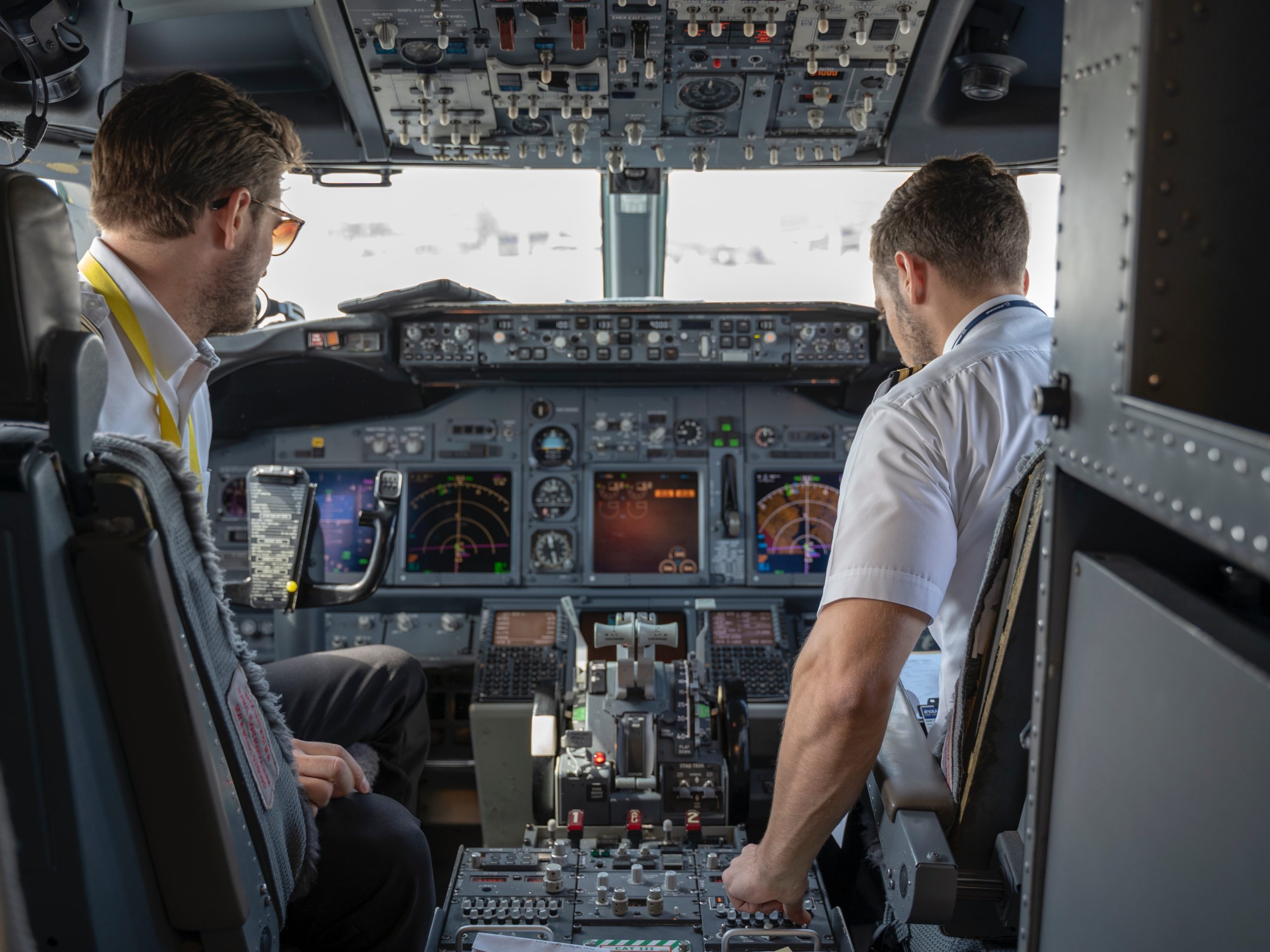- 24 May 2023
- 344
Pilots Reject Captain Promotions

In a surprising trend sweeping through the aviation industry, a growing number of United States pilots are reportedly declining promotions to the prestigious captain’s chair, citing concerns over their quality of life. This development has sparked a debate within the industry, forcing airlines to reevaluate their approach to pilot retention and address the underlying issues affecting their workforce.
Traditionally, ascending to the position of an aircraft captain has been regarded as a pinnacle achievement for many pilots. Commanding an aircraft and leading a crew has long been seen as the culmination of years of dedication, training, and experience. However, recent reports indicate that a significant portion of pilots is actively shunning this career milestone.
The decision to forgo the captain’s position stems from a multitude of factors, with one of the foremost concerns being the erosion of work-life balance. Pilots are grappling with demanding schedules, long hours, and extended periods away from home, which often take a toll on their personal lives. The allure of being in charge of an aircraft is overshadowed by the sacrifices required to maintain the position.
Moreover, the rapid expansion of the aviation industry and increased air travel demands have resulted in heightened workloads and decreased rest periods for pilots. This not only impacts their performance but also raises concerns about safety. Pilots who choose to remain in the first officer’s role can enjoy a relatively predictable schedule and more stable routines, affording them better opportunities for personal time and family commitments.
One pilot, speaking on the condition of anonymity, expressed the sentiment shared by many in the industry: “While being a captain is an esteemed position, it often comes at the cost of personal relationships and overall well-being. I’ve seen colleagues struggle with the demands of the role, and I don’t want to compromise my quality of life for a title.”
The aviation industry is not taking this trend lightly. Airlines are beginning to acknowledge the need for a comprehensive reassessment of their operations and policies to retain experienced pilots. Companies are actively exploring innovative solutions, such as implementing more flexible scheduling, offering improved benefits, and providing additional support for pilot mental health and well-being.
Industry experts argue that addressing the quality-of-life concerns raised by pilots is not only crucial for retaining talent but also essential for upholding safety standards. A satisfied and well-rested pilot is better equipped to make sound decisions and navigate complex situations during flights, ultimately benefiting passengers and the overall aviation ecosystem.
In response to the growing trend, aviation authorities and pilot unions are engaging in discussions to ensure that pilots’ concerns are heard and appropriate actions are taken. Collaborative efforts aim to strike a balance between operational needs and pilots’ personal lives, fostering an environment that promotes both career progression and a healthy work-life equilibrium.
As the aviation landscape evolves, it is clear that traditional notions of career advancement are being challenged by a new generation of pilots who prioritize their well-being alongside professional success. The industry’s response to these concerns will shape the future of aviation, determining whether it remains an attractive career path for aspiring aviators.
In the ever-evolving world of aviation, we find ourselves at a crossroads where pilots are redefining what success means to them. The traditional path to the captain’s chair, once viewed as the ultimate achievement, is losing its luster as quality-of-life concerns take center stage.
The allure of commanding an aircraft and leading a crew is undeniable, but the sacrifices required to reach that position have become increasingly burdensome. The demanding schedules, extended periods away from home, and dwindling personal

